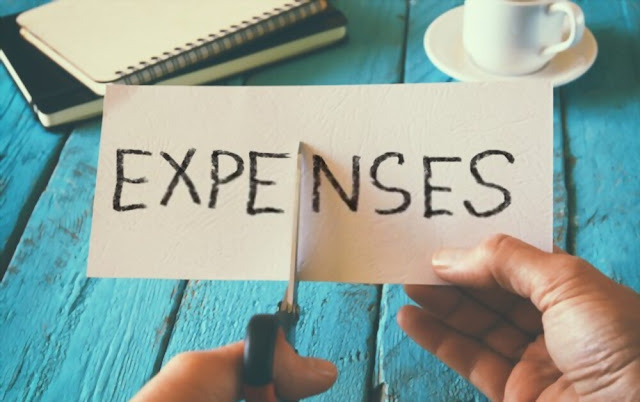Key tips for managing your accounts as a freelancer
Freelancing has been increasingly popular in recent years because of the ever-advanced technologies. In the majority of firms, the COVID-19 epidemic has interrupted business, which led to the loss of many individuals. The number of freelancers has grown fast online and offline. And accountants for freelancers are in demand nowadays.
Your overall monthly earnings rely greatly on your management strategy, whether you are an independent writer or a Self-employed engineer. Of course, when you build your firm, you will need to understand this since no one is a business assistant.
You can discover some suggestions and crucial accounting suggestions to be considered as a freelancer in this text.
1. Keep track of your transactions
How you handle your financial transactions is one of the most crucial aspects to define your success. Yes, because of the intricacies involved, it's easier said than done. However, this should be one of your main concerns if you want a profitable company.
Everybody monitors cash and outflow, but not always to the standards necessary. You presumably have a record of your transactions in your locker someplace but can't see any beneficial consequences. So, where are you supposed to improve?
- Record everything
- Record regularly
2. Use accounting software
As previously said, a Professional accountant in London might be beneficial to engage, particularly when the company is flourishing. But when you decide to perform your own accounting, be sure you do it properly.
It is a nice idea, but not the most efficient approach in the 21stcentury, to save receipts and record the transaction in a book. The technology now provides lots of tools to simplify your task.
3. Keep business and personal funds separate
Mixing your company and personal documents can only make things difficult and complicated. If you have a single bank account, it's the greatest moment to shift as a freelancer. Create an individual bank account for all your company transactions only. This facilitates the recording and tracking of any unregistered transactions for your accountant.
4. Set your monthly budget
The establishing of a monthly budget is another fundamental guideline many people overlook. Records will only bring fruit if you plan your expenditure, and use of accounting software. Otherwise, the cash outflow can be more than inflow, which is an indication that the firm runs badly.
Record and classify into two all costs from the start to the final day of the month:
- All repeated costs such as rental, electricity charges, and insurance payments will constitute the first category (this should appear in your monthly budget).
- The other group includes non-recurring charges, generally once paid.
5. Be honest with yourself
Transparency is essential, even as a freelancer. Many individuals failed in business, particularly when it comes to how much they spend because they were not honest with themselves.
Make sure all costs are recorded, no matter how little they may seem. Also, keep your monthly income clearly recorded and balance the two (income versus expenses). You spend more than you do? Don't choose where to be honest and when, since your failure might begin.






Comments
Post a Comment